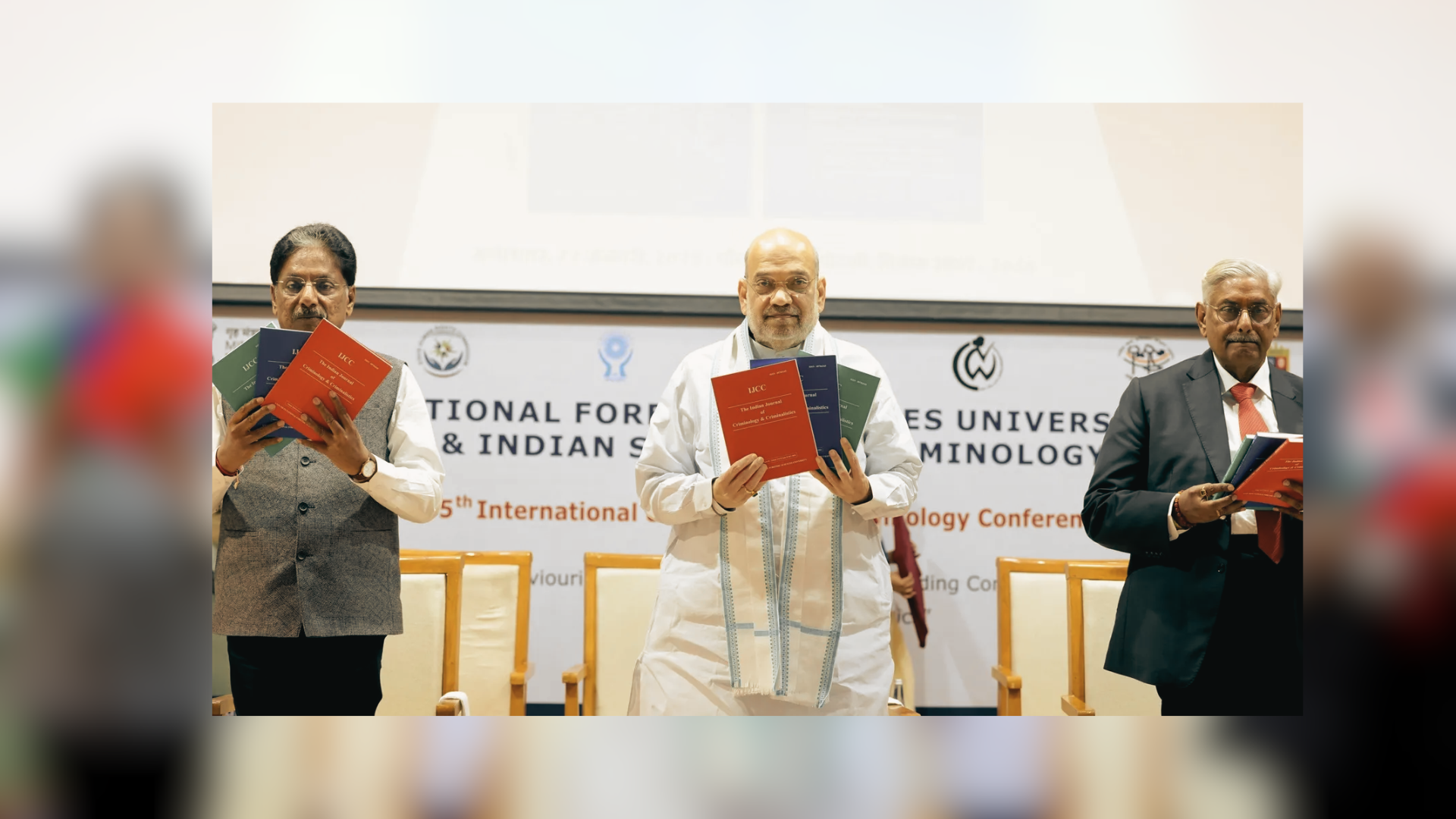The Department of Legal Affairs, under the Ministry of Law and Justice, orchestrated a comprehensive Conference centered on the theme of ‘India’s Progressive Path in the Administration of Criminal Justice System’. The event, held at Dr. Ambedkar International Centre, Janpath, New Delhi, spanned an entire day.
A diverse array of attendees, including judges from various High Courts, the President, Vice President, and Members of ITAT, advocates, academicians, representatives of law enforcement agencies, police officials, public prosecutors, District Judges, other officials, and law students, graced the occasion, as revealed by the Ministry of Law and Justice in a statement on Sunday.
The Conference unfolded against the backdrop of the enactment of three significant Criminal Laws: Bharatiya Nyaya Sanhita 2023, Bharatiya Nagarik Suraksha Sanhita 2023, and Bharatiya Sakshya Adhiniyam 2023, set to come into effect from July 1, 2024.
The esteemed presence of Dr. Justice DY Chandrachud, Chief Justice of India, as the Chief Guest, added prestige to the event. Notable dignitaries included Arjun Ram Meghwal, Minister of State (Independent Charge) for the Ministry of Law and Justice, R Venkataramani, Ld Attorney General for India, Tushar Mehta, Ld Solicitor General of India, and SKG Rahate, Secretary, Department of Justice in the Ministry of Law and Justice.
Dr. Anju Rathi Rana, Additional Secretary, Department of Legal Affairs, set the tone by outlining the Conference’s objectives, emphasizing the significance of the three Laws in breaking away from colonial legal legacies.
Dr. Rajiv Mani, Secretary, Department of Legal Affairs, further elaborated on the historical context behind the enactment of the laws, emphasizing the need to move beyond colonial frameworks towards a more citizen-centric justice system.
Read More: Lok Sabha Elections 2024: Repolling Announced In Manipur’s 11 Polling Stations
Chief Justice DY Chandrachud highlighted the transformative potential of the Bharatiya Nagrik Suraksha Sanhita (BNSS), particularly its provisions for expeditious trials and the integration of electronic modes in legal proceedings, crucial in the digital age.
The need for infrastructure development to fully leverage the potential of the new laws was also stressed by the Chief Justice, underscoring the importance of continuous adaptation in legal frameworks.
Arjun Ram Meghwal, Minister of State (Independent Charge), Ministry of Law and Justice, emphasized the imperative for aligning the Criminal Justice system with Indian values and ethos, moving away from colonial vestiges.
R Venkataramani, Ld. Attorney General for India, Tushar Mehta, Ld. Solicitor General of India, and SKG Rahate, Secretary, Department of Justice, further reiterated the necessity of embracing change and modernization in legal practices.
The Conference featured three technical sessions, each focusing on one of the enacted laws. These sessions facilitated discussions on the legislative impact, procedural changes, and the role of evidence admissibility in the legal process.
The event concluded with a valedictory session, graced by eminent justices and legal luminaries, who emphasized the importance of institutional mechanisms, technological advancements, and a citizen-centric approach in realizing the full potential of the new laws.
In summary, the Conference served as a platform for robust discussions and insights into India’s evolving criminal justice landscape, underlining the nation’s commitment to fostering a fair, efficient, and inclusive legal framework.

















